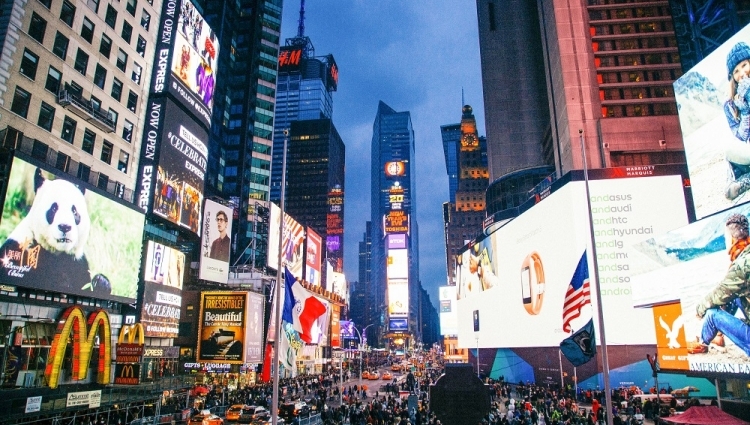Politics, Culture, Work and Social Movements
Publicado: 30/03/2022 - 14:08
Última modificação: 31/01/2025 - 12:21
The line of research brings together investigations around the contemporary social dynamics of Brazil and other national scenarios. National and international themes and authors are covered that, within and on the borders between each of these sub-areas of research, illuminate burning social issues that stimulate academic debate in anthropology and sociology around the interfaces between politics, culture, work and social movements. The debate around the concepts of culture and politics aims to emphasize cultural forms and dynamics in their relationship with the field of politics.
Culture is thought of in the plural, guaranteeing the specificity and diversity of the subjects studied, as well as the recognition of their capacity for reinvention. In this sense, we will seek to understand the processes through which actors and agencies redefine their relationships, values and give meaning to the social world based on the experience of political action, whether individually, based on the analysis of trajectories, or based on associations, diverse organizations and entities.
Cultural and political mediation thus allows us to grasp new social configurations from the panorama of increasingly intense flows of people, objects and things where the concept of culture makes possible not only the understanding of democracy, but also of new parameters for social relations and for different ways of perceiving and knowing the world. The discussion involving the scope of the policy aims to cover a wide range of issues, without confining it to just one of its dimensions. On the one hand, this option will involve a reinterpretation of the classic frameworks in which politics was historically placed, maintaining a close relationship with state power. On the other hand, it is necessary for the debate to be permeable to the assimilation of other contributions that expanded its range of coverage, especially in more recent decades, when there was a sort of "splintering" of the concept of politics, which began to permeate multiple manifestations that displaced it from what, for a long time, constituted, so to speak, its fixed point. In this way, the aim is to account for both institutional policy, rooted in the scope of macropolitics, and its molecular or micropolitical expressions. As a result, a broad field of studies and investigations emerges that establish different types of association between politics in general and power relations, wherever they appear, in order to try to understand the "politicization of the social" .
The theme of the work will deal with research that deals with how - in the ways of being of contemporary capitalism, with an emphasis on the Brazilian reality? the working classes are constituted in their experiences of acting in production, organization, mobilization, demands and intervention in the political scenario. The thematic horizon concerns the broad and complex set of aspects (labor relations, production process, labor movement, trade unionism, current configurations of employees, productive/unproductive work, forms of precarious work, spaces of identity) that repeatedly instigate scholars in the sociology of work. As for social movements, the investigations address the main paradigms and theoretical proposals (classic and current) regarding the emergence of these social phenomena that have proven to be fundamental for understanding contemporary political dynamics.
In this exact sense, we seek, on the one hand, to reflect on its originality and its conditions of possibility. At the same time, there is an effort to analyze specific historical contexts (national and international) in which social movements have proven to be more expressive and significant.
